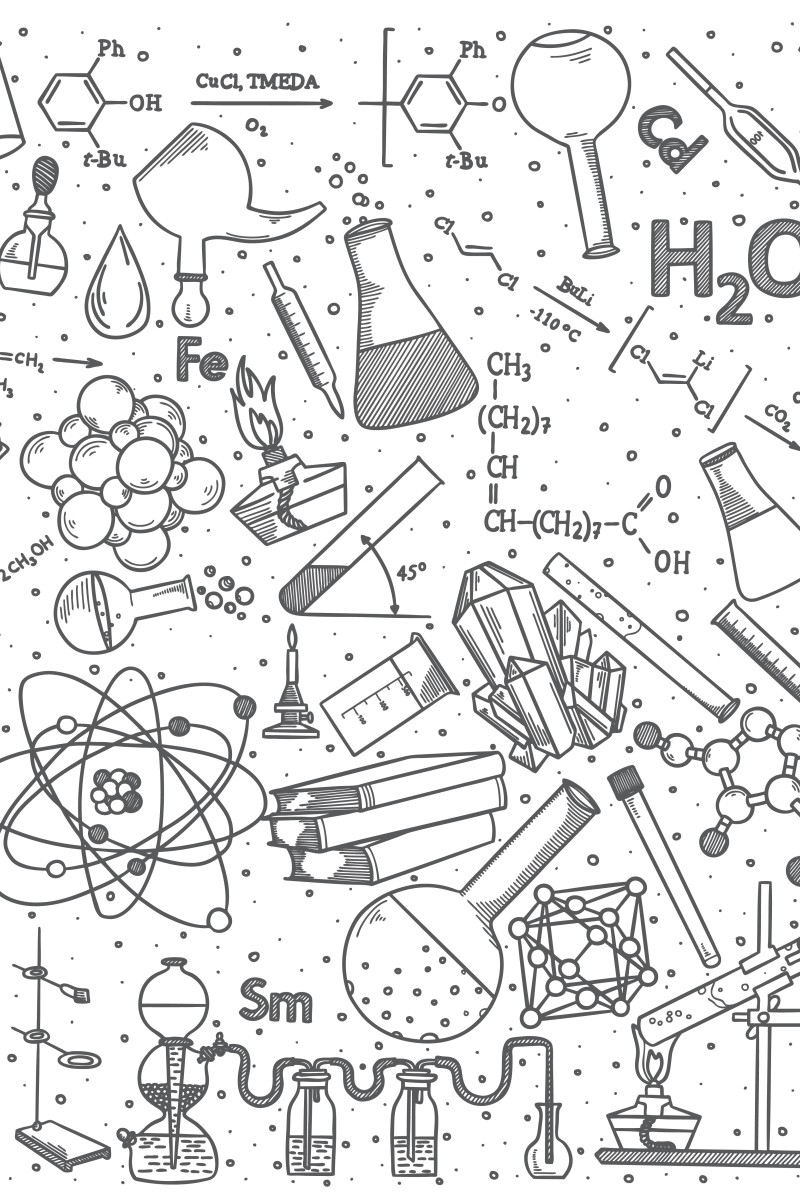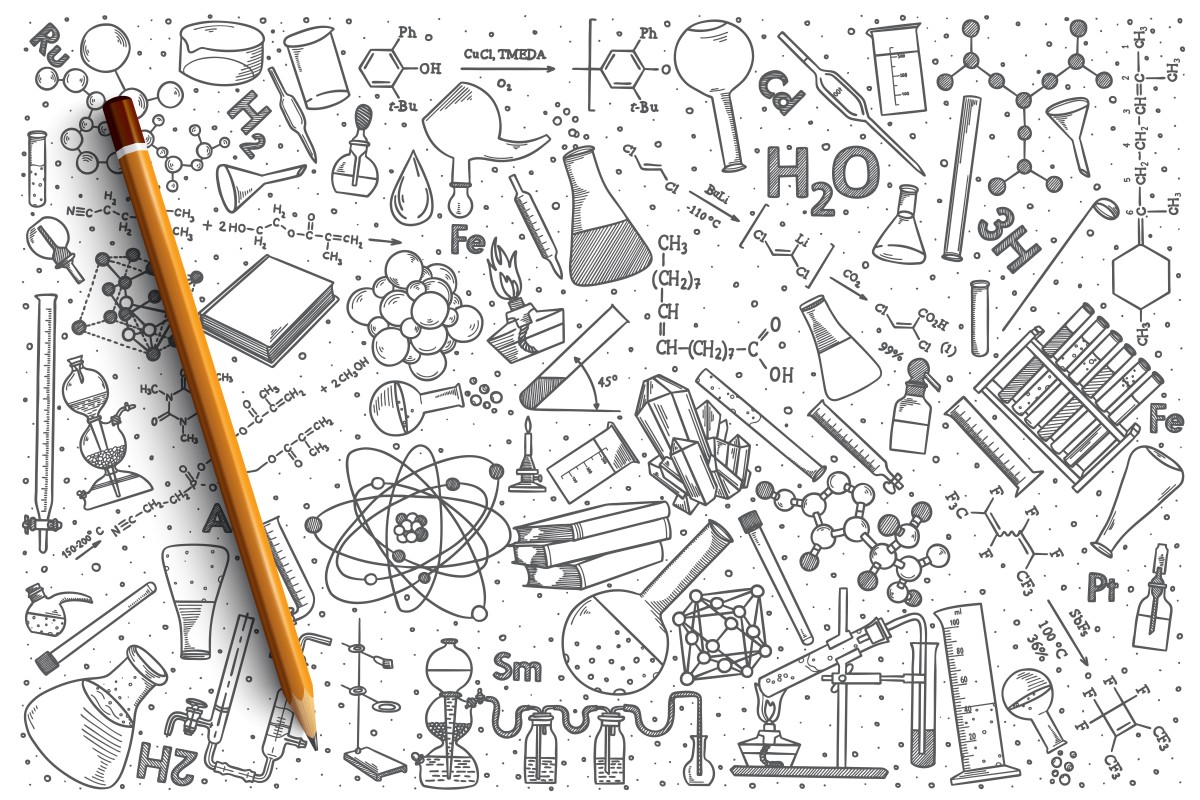
The top study tips for your DSE chemistry exam, straight from an expert
- Dr Samuel Chong of Kong's Glory Educational Centre says there's still plenty of time to prepare
- Make sure you have a good grasp of chemical calculations and terminology

According to the current HKDSE schedule, the chemistry exam is set to take place on April 25. If you’re worried you’ve missed out on essential exam preparation due to the class suspension, don’t worry. Young Post asked Dr Samuel Chong, of King’s Glory Educational Centre, for his tips on how to sail through the paper.
Chong says there is still have plenty of time to prepare for the exam. You should start by going through your textbooks and notes to make sure you have a good grasp of chemical calculations and terminology. Make sure you do this before tackling exam papers from previous years.
The chemistry DSE “is a topic-based exam, and candidates should familiarise themselves with basic concepts and the application of formulas before attempting past papers in order to avoid repeating common errors,” Chong explains. “This can actually save you more time.”
HKDSE 2019: Top exam tips to pass the Chemistry paper with flying colours
He adds that a good grasp of the basics is the key to success.
Once you have mastered the concepts, Chong suggests working on these questions from past years’ papers:
- 2017, Paper 1 Q7: Calculation of standard enthalpy change of reaction.
- 2017, Paper 1 Q12: Chemistry of carbon compounds.
- 2018, Paper 1 Q6: Hess’s Law and enthalpy change calculation.
- 2018, Paper 1 Question 11: Rate of reaction of molecular bromine and formic acid.
- 2019, Paper 1 Q8: Enthalpy change of neutralisation of HCI (aq) and NaOH (aq).
- 2019, Paper 1 Q12: Calculation of exothermic reaction.
As there are three topics in Paper 1, Chong suggests spending more time brushing up on:
- Chemistry of equilibrium constant
- Chemical cells, redox reactions and electrolysis
- Acids and alkalis.
He also predicts the exam will feature questions related to calculation of enthalpy change, calculation of equilibrium constant, and reaction of various functional groups in carbon compounds.
In terms of Paper 2, Chong says students are likely to see questions about making methanol; the Haber process: and the rate equation for “Industrial Chemistry”.
As for “Analytical Chemistry”, he suggests focusing on the chemical test for organic compounds and ions; separation of mixtures; calculation of redox titration; and questions related to infrared spectrometry and mass spectrometry.
Here’s what to do and what not to do in your HKDSE Chemistry exam
Chong says students who go into an exam hall without a clear understanding of concepts and formulas make two major mistakes: they fail to use the data provided, and they are unable to deduce answers.
“Students can end up losing a lot of points because there’s a domino effect when they get the first part wrong,” Chong says. He adds that you should spend no more than 25 minutes on each part of Paper 1, and set aside five minutes to check your answers at the end.
For Paper 2, he advises aiming to complete Part 1A (multiple-choice questions) in 45 minutes, and leave 10 minutes spare at the end to go through their answers.
